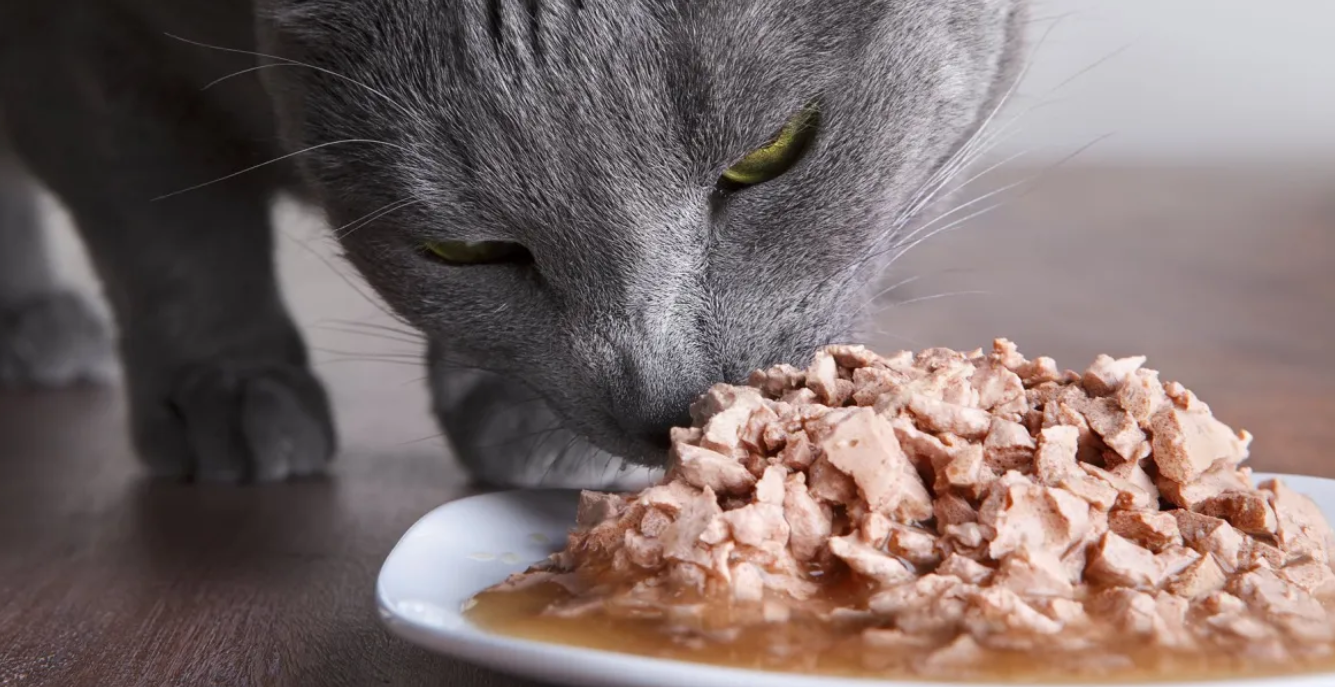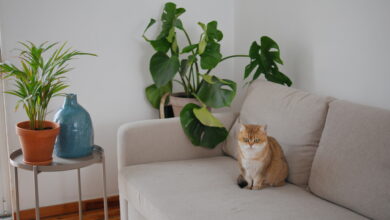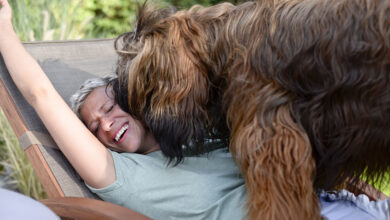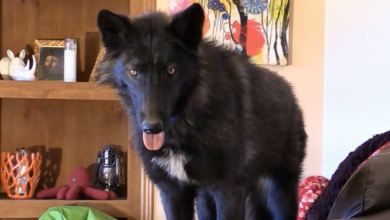Cat Nourishment Around the World: A Worldwide Travel Into What Nourishes Our Cat Companions

- Cats may share the same instinctual everywhere—silent paws, sharp interest, and a ability for imagining they’re starving indeed after dinner and their diets around the world are shockingly differing. What cats eat frequently reflects the culture, history, and conventions of the individuals who care for them.
From the angle markets of Asia to the extravagance pet boutiques of the Center East this is a travel through worldwide cat cuisine.
-
Asia: The Arrive of New Flavors and Angle Traditions
Japan Where Cats Eat Like Scaled down Samurai
Japanese cats regularly appreciate dinners propelled by the country’s seafood-rich culture.

Many proprietors offer:
- Steamed salmon
- Tuna flakes
- Bonito shavings
Japanese pet stores carry premium damp nourishments with genuine angle pieces, reflecting the nation’s adore for clean, basic ingredients.
China Home-Cooked Comfort

In China, cats regularly appreciate warm, crisply cooked suppers, a reflection of conventional convictions around assimilation and energy.
- Common cat dinners include:
- Chicken bubbled in broth
- Duck meat
- Small parcels of rice or egg
While present day kibble is developing well known, numerous families still believe custom made recipes.
Thailand The Road Cat Culture
Thailand’s cats frequently eat a blend of:
- Grilled fish
- Leftover chicken
- Market scraps
Communities as often as possible bolster road cats making nourishment a shared responsibility.
-
Europe: Gourmet Dinners and Logical Nutrition
France The Gourmet Cat Society
French cats appreciate nourishment that mirrors the nation’s culinary pride.
You’ll find:
Pâtés tyle damp food
Duck or rabbit-based meals
Luxury brands centering on common, sensitive flavors
French proprietors prioritize smell, surface, and fixing purity.
Italy Mediterranean Cat Cuisine
Italian cats flourish on Chicken breast
Turkey TIghtly cooked fish
Commercial nourishments regularly incorporate Mediterranean proteins and basic, wholesome formulas. Pasta and cheese? Not for cats—Italians know better.
Nordic Nations Unadulterated and Minimalist
- Scandinavian cat nourishment centers on:
- Salmon
- Herring
- Reindeer or diversion meats
Nordic brands emphasize freshness and supportability, reflecting nearby values
-
Center East: Wealthy Proteins and Extravagance Choices
Gulf Nations – The Rise of Premium Pet Dining
In the UAE, Qatar, and Saudi Arabia, cats regularly eat:
Imported grain-free diets
Freeze-dried crude meats
High-protein, outlandish mixes (duck, quail and camel
Pet proprietors in the Inlet esteem virtue, quality, and health—leading to a booming extravagance cat nourishment market.
Egypt Convention Meets Modernity
Egyptian cats, adored since antiquated times, still enjoy:
- Sardines
- Chicken
- Liver
Many Egyptians combine conventional nourishments with commercial kibble, keeping both budget and nourishment in mind.
4. Africa: Characteristic Diets and Community Feeding
Across Africa, numerous cats live semi-outdoor ways of life, driving to a blend of chasing and human-fed meals.
Common foods
- Small fish
- Roasted chicken
- Leftover meat
- Broth-soaked rice
In country zones, cats still depend intensely on intuitive, catching rodents and creepy crawlies to supplement their diet.
-
North America: Development and Specialized Diets
United States and Canada
North America is the worldwide center of pet nourishment research.
Cats regularly enjoy:
Grain free premium kibble
Raw or freeze dried diets
Specialty nourishments for sensitivities, assimilation, or coat health
Pet proprietors regularly treat their cats like family individuals, driving to:
Organic brands
Subscription supper plans
fFresh week after week conveyances of cooked meals
The slant is clear: health-focused, science-backed feeding.
6.South America: New Fixings and Commonsense Feeding
Brazil
Brazilian cats frequently enjoy:
Chicken sardines
Beef strips
Homemade suppers are common, but commercial brands are too widespread.
Argentina
With a solid meat culture, Argentine cats are frequently fed:
- Beef
- Lamb
- Chicken
In a few country zones, cats still chase unreservedly and eat what they catch.
Global Patterns Forming Cat Nourishment Today
Across landmasses, cat bolstering propensities may vary, but unused all inclusive patterns are emerging:
- High-Protein Diets
Cats all over are being bolstered more meat and less fillers.
- Grain-Free and Clean Formulas
Owners are moving toward diets that reflect a more common carnivore profile.
- New and Crude Feeding
More individuals are planning or buying delicately cooked and crude meals.
- Custom fitted Nutrition
Specialty diets for:
- Senior
- Indoor cats
- allergies
- weight control
Are getting to be standard worldwide.
Final Contemplations One Species, Numerous Nourishment Stories
From Tokyo’s fish based diets to Paris’s gourmet pâtés, from Brazilian home cooked suppers to American logical equations, cats around the world appreciate nourishment that reflects the culture and way of life of their humans.
Yet in spite of all these contrasts, one truth remains the same:
Wherever they live, cats are bolstered with cherish, care, and attention—because a well-fed cat is a cheerful cat



